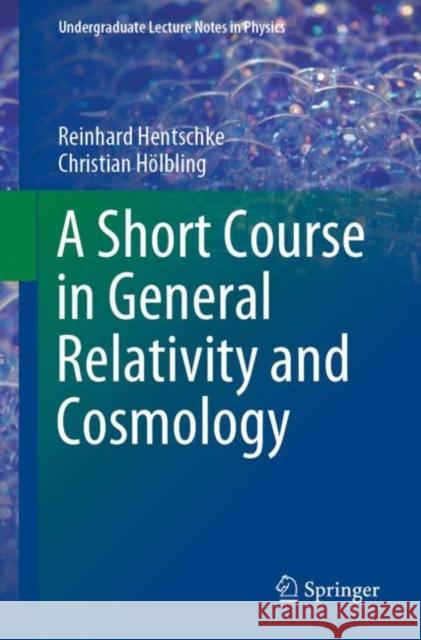A Short Course in General Relativity and Cosmology » książka
topmenu
A Short Course in General Relativity and Cosmology
ISBN-13: 9783030463830 / Angielski / Miękka / 2020 / 296 str.
Kategorie BISAC:
Wydawca:
Springer
Seria wydawnicza:
Język:
Angielski
ISBN-13:
9783030463830
Rok wydania:
2020
Wydanie:
2020
Numer serii:
000419730
Ilość stron:
296
Waga:
0.43 kg
Wymiary:
23.39 x 15.6 x 1.65
Oprawa:
Miękka
Wolumenów:
01
Dodatkowe informacje:
Wydanie ilustrowane











